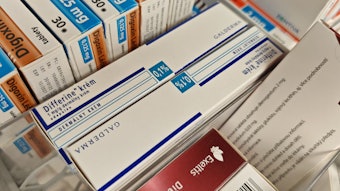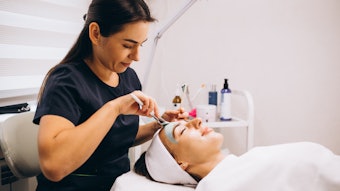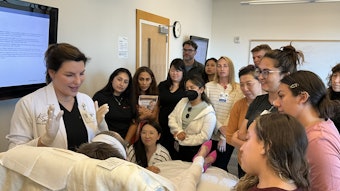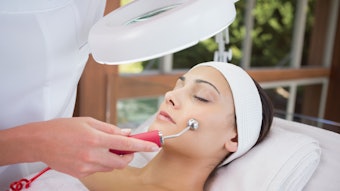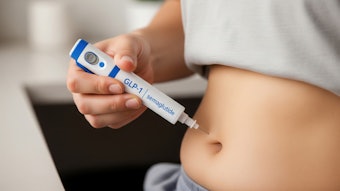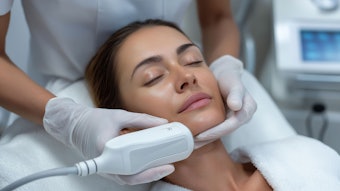
Practices that are seeking ways to improve employee morale, reduce burnout and maximize patient safety can take a cue from larger medical institutions that have implemented Positive Leadership Walkrounds (PosWR). A study published in the July 2021 issue of Joint Commission Journal on Quality and Patient Safety found a positive correlation between PosWR and health care worker (HCW) well-being and organizational safety culture.
The study from the Duke University Health System involved senior leaders who were encouraged to conduct PosWR, an organizational practice in which leaders conduct rounds and ask staff about what is going well.
The researchers conducted a cross-sectional survey of clinical and nonclinical HCWs, which included a question about recall of exposure of to PosWR—“Do senior leaders ask for information about what is going well in this work setting (e.g. people who deserve special recognition for going above and beyond, celebration of successes, etc.)?”—along with measures of employee well-being and facility safety culture.
Electronic surveys were returned by 10,627 out of 13,040 possible respondents (81.5% response rate) from 396 work settings. The top three respondent groups were registered nurses (31.7%; n = 3,367), attending physicians (9.7%; n = 1,036) and technologists (8.2%; n = 869). Overall, PosWR exposure percentage reporting “yes,” “no,” and “not sure” was 63.1%, 21.2% and 15.7%, respectively.
The mean (SD) percentage of people reporting that PosWR occur in their work setting was 63.4. For mean percent agreement by quartile, fourth was 37.0% (0.0% to 50.0%), third was 57.3% (50.0% to 64.9%), second was 71.6% (64.9% to 78.3%), and first was 87.6 (78.3% to 100%).
Comparisons of work settings in the fourth (< 50%) vs. first (> 88%) quartiles for PosWR exposure revealed significant differences for Safety Climate (49.6% vs. 69.6% reported good patient safety norms), Improvement Readiness (60.6% vs. 76.6% reported good readiness to engage in quality improvement activities), Local Leadership (51.9% vs. 67.2% reported good feedback from and accessibility of leaders), Teamwork Climate (36.8% vs. 52.7% reported good teamwork norms), Emotional Exhaustion (45.9% vs. 32.4% reported emotional exhaustion), Burnout Climate (60.5% vs. 47.7% reported emotional exhaustion in their colleagues) and Work-Life Climate (61.9% vs. 68.9% reported good work-life balance norms).
PosWR are a modified form of walkrounds that include prompts to elicit positive interactions. Questions include:
1. From your perspective, could you share three things that are going well in this work setting, and one thing that could be better?
2. Is there anyone you would like to give a shout-out to today, and can you elaborate with specific examples?
3. Are there any celebrations of success, in your opinion, that you could share?

